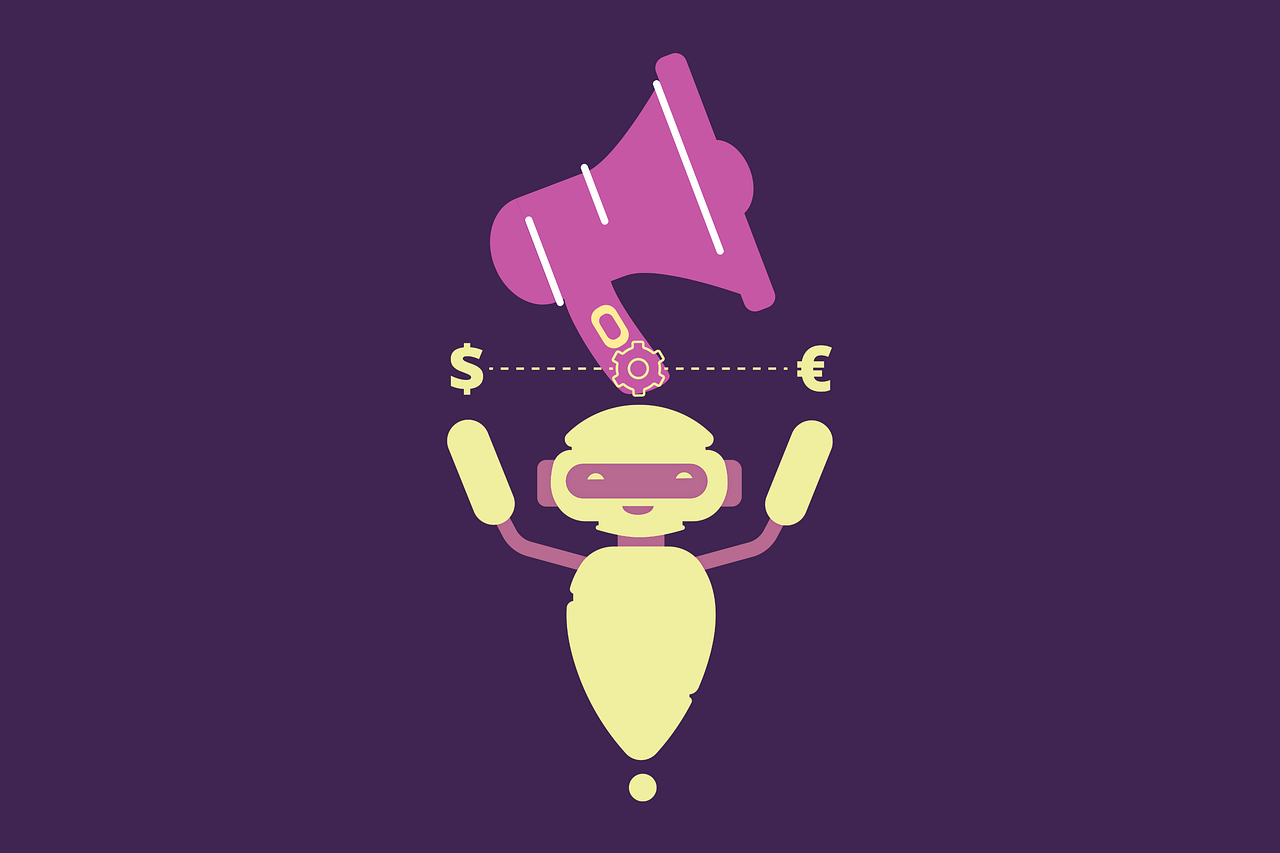UK Creatives Urge Stronger Copyright Protections Amid AI Advancements

Brief news summary
Over 400 prominent UK figures from music, arts, and media—including Sir Paul McCartney, Elton John, Dua Lipa, and Richard Curtis—have united to urge Prime Minister Sir Keir Starmer to enhance copyright protections amid advancing AI technologies. They back an amendment to the Data (Use and Access) Bill, led by Baroness Beeban Kidron, which would require tech companies to disclose copyrighted content used in AI training. The group condemns current AI practices as “mass theft” of creative work, warning this undermines artists’ rights, harms the UK’s creative economy, and threatens cultural integrity and global competitiveness. Although the amendment was recently defeated in the Commons, it will be reconsidered in the House of Lords, offering renewed hope. While the government proposes alternative measures, industry leaders emphasize the need for robust legislation that safeguards creators and encourages responsible AI innovation, highlighting the urgent need for clear, enforceable rules in the digital era.More than 400 prominent figures from the United Kingdom’s music, arts, and media sectors have united to urge Prime Minister Sir Keir Starmer to strengthen copyright protections amid the rapid advancement of artificial intelligence technologies. This diverse coalition includes legendary musicians such as Sir Paul McCartney and Elton John, contemporary stars like Dua Lipa, and influential media personalities including writer and director Richard Curtis. Their united appeal focuses on protecting creative works from unauthorized use by AI systems, which they contend is currently undermining the rights and livelihoods of artists across the UK. Central to their campaign is an amendment to the Data (Use and Access) Bill, introduced by Baroness Beeban Kidron, aiming to enforce mandatory transparency standards on technology companies. Specifically, the amendment would obligate these firms to reveal the copyrighted material—whether music, literature, or film—that has been used to train their AI models. Advocates argue that such transparency is essential for ensuring accountability and respecting creators’ intellectual property. The group characterizes the existing situation as one of “mass theft” of creative content, with AI systems increasingly leveraging works by musicians, authors, and filmmakers without proper consent or compensation. They claim this threatens both the creative economy and the integrity of Britain’s cultural output. The letter they have signed voices deep concern that without legislative intervention, the UK’s vibrant creative industries will suffer economically and lose their competitive global edge. Despite strong backing from the creative community, the amendment was recently rejected in a House of Commons vote.
However, it is scheduled for reconsideration in the House of Lords on the coming Monday, presenting another chance for debate and possible approval. Meanwhile, the government has proposed alternative steps, including an economic impact assessment of AI related to copyright. It has also moved away from a prior framework requiring creators to opt out of data use, indicating some openness to revising regulatory strategies. Industry leaders stress that legal protections are crucial not only to safeguard artists but also to secure the UK’s role as a frontrunner in the expanding global AI market. They contend that supporting the Data (Use and Access) Bill amendment aligns with the nation’s broader commitment to high creative and legal standards, promoting innovation while preserving creators’ rights. The letter highlights a wider challenge facing governments globally: balancing the advantages of cutting-edge AI technology against protecting intellectual property within an increasingly digital cultural landscape. As AI evolves and becomes more embedded in creative industries, the policy choices made now will have significant consequences for artists, consumers, and the economy. The collective voice of these 400-plus influential UK creatives sends a clear message to the government. They call on policymakers to address their concerns and take decisive action to establish clear, enforceable rules that honor creators’ contributions while enabling responsible innovation. With the House of Lords debate approaching, British lawmakers face the critical task of navigating the complex intersection of technology, law, and culture to forge a fair and sustainable future for the UK’s creative sectors.
Watch video about
UK Creatives Urge Stronger Copyright Protections Amid AI Advancements
Try our premium solution and start getting clients — at no cost to you















